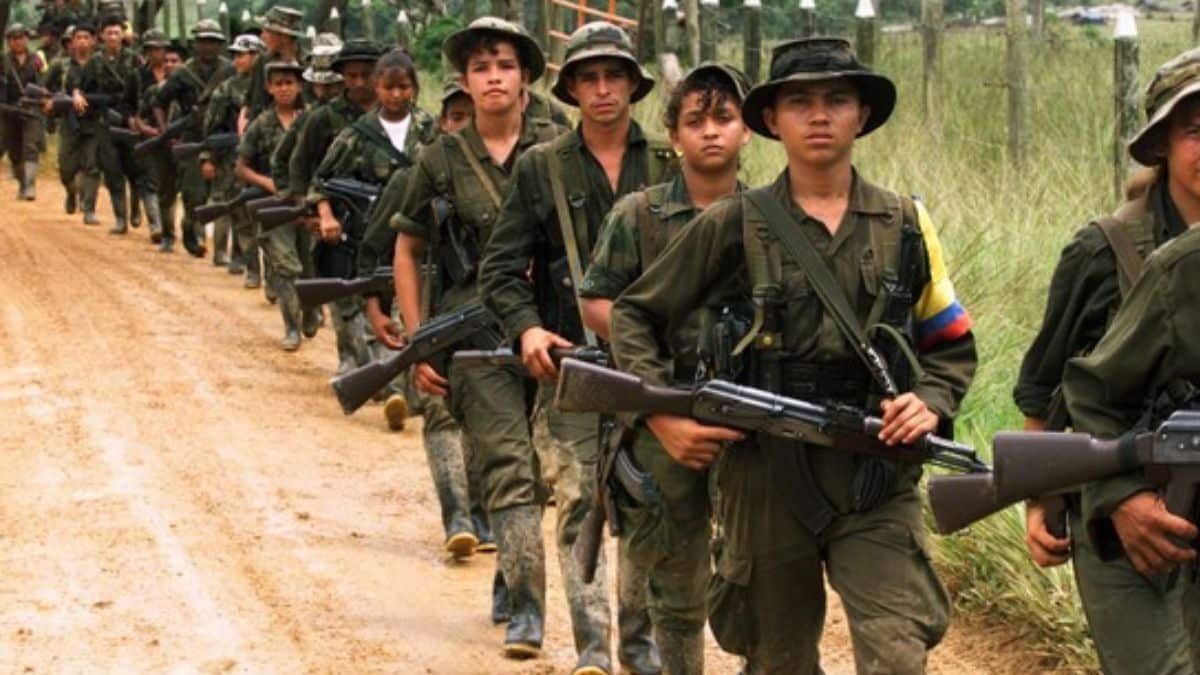Victims of Nepal’s decade-long Maoist insurgency have voiced strong objections to the proposed reductions in sentences for perpetrators of conflict-related crimes. The criticism primarily centers on the omission of the experiences of former child soldiers from the recently revised transitional justice law.
The contentious revision bill, aimed at addressing transitional justice, includes provisions for reducing sentences for those convicted of serious crimes during the conflict. However, victims and advocacy groups argue that the bill inadequately addresses the needs and rights of individuals who were forcibly recruited as child soldiers.
Former child soldiers and other conflict victims have criticized the bill for failing to acknowledge their role and the trauma they endured. They argue that the exclusion of their experiences from the legal framework undermines their quest for justice and recognition. The current revision has been perceived as a step backward in the broader efforts to deliver comprehensive transitional justice.
In a statement, victims’ representatives demanded that the revised law be amended to include explicit recognition of the plight of former child soldiers. They called for provisions that offer meaningful support and reparations to those affected by the conflict, highlighting the need for a more inclusive approach to justice.
The debate over the transitional justice law comes amidst ongoing challenges in Nepal’s reconciliation process. While the law aims to address some aspects of the conflict’s legacy, critics argue that its current form fails to fully address the needs of all victimized groups. The dissatisfaction with the bill underscores the broader struggle to achieve a just and inclusive resolution for all those impacted by the conflict.
Human rights organizations and international observers have echoed the concerns of the victims, urging the Nepali government to reconsider the bill and incorporate measures that genuinely address the diverse experiences of conflict survivors. The call for an inclusive approach to transitional justice reflects ongoing efforts to ensure that the legal framework fully acknowledges and remedies the complex legacy of the conflict.

